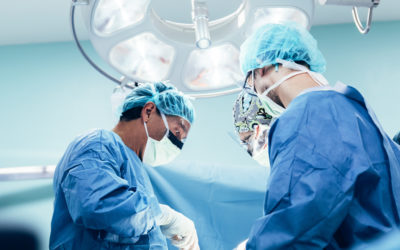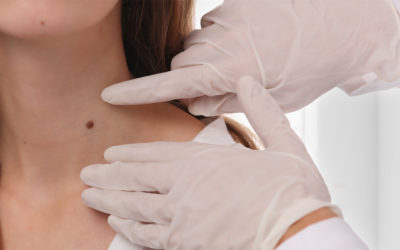Proctectomy
If you’re diagnosed with colon or rectal cancer or have a chronic digestive condition like inflammatory bowel disease (Chron’s disease and ulcerative colitis), your doctor may recommend a proctectomy. This procedure removes all or part of the rectum, depending on your unique needs.
At Forrest City Medical Center, we specialize in the latest minimally invasive techniques for proctectomy.
Types of Proctectomy
Proctectomy is most commonly used to treat rectal cancer. The type of proctectomy used depends on where the cancer is and how much it has spread (stage). Options include:
Transanal (local) proctectomy
This procedure is used for cancer that can be reached through the anal opening and has not spread too deeply. It does not require an incision.
Low anterior resection (LAR)
For cancer that is higher and deeper in the rectum, a larger section of the rectum may need to be removed through an incision in the lower belly. If there is enough healthy rectum tissue left, they are then reconnected in a process called anastomosis. You will be able to have normal bowel movements through the anus.
Abdominoperineal resection (APR)
If the cancer is close to the anal opening but large, you may have an APR procedure. The rectum is removed and the anal opening is closed. A new opening called an ostomy is created in the abdomen, where the small end of the colon is attached and visible on the outside of the body. This is called a stoma. A discreet collection bag is then fitted around the stoma to collect stool.
Minimally Invasive: Get Back on Your Feet Faster
Traditional “open” proctectomy requires a large incision and a sometimes lengthy and difficult recovery. Whenever possible, we use a more minimally invasive approach — either laparoscopic or robotic-assisted — which requires just a few small incisions.
During robotic surgery, your surgeon sits at a console next to you and operates using tiny, wristed instruments. A camera provides a high-definition, 3D magnified view inside your body, along with an imaging system that helps ensure there is good blood supply when reconnecting the colon and rectum.These techniques often offer a variety of benefits, including:
- Less post-operative pain
- Less scarring
- Fewer complications
- Shorter hospital stay
- Faster recovery
- Quicker return to bowel function
- As with any major surgery, there are potential risks, and not every patient is a candidate for minimally invasive surgery. Your surgeon will carefully discuss all options with you and help find the right procedure for your health and life.
Personalized Ostomy Support
Should you have an ostomy with a stoma after surgery, surgical nurses are here to support you. They’ll show you how to use the ostomy pouch, deal with any side effects like skin irritation and provide compassionate, ongoing care whenever you need it.
Keep in mind that with proper maintenance, the pouch cannot be seen under your clothing, and people will not even know you are wearing it. Also, more than 750,000 Americans have ostomies, and with today’s equipment, they can lead full, active lifestyles.
Find a Specialist
Call 870-261-0151
Related Services and Conditions
End of Year Benefits
We understand the end of the year is a very hectic time. But while we look forward to the new, let’s also take stock of how we can improve today — and save! At Forrest City Medical Center we encourage you to take some time for yourself. Doing so could not only benefit...
Surgical Services
Considering surgery? Common (and painful) issues like gallbladder problems, hernias and hemorrhoids can often be taken care of with relatively simple surgeries. In most cases, patients can go home the same day the surgery is performed—allowing them to feel better and...
Colectomy
Your colon is vital to your digestive health — so when a condition affects this important organ, it can be disruptive to your life, and in some cases, life-threatening. While treatments like medication can often help relieve symptoms, sometimes surgery is the best...
Gallbladder
Does everything you eat cause pain? If you suffer from pain in the upper right or upper middle part of your stomach after eating it could be your gallbladder causing the issue. The gallbladder is located under the liver, which stores and collects bile produced in the...
Hemorrhoids
You don’t have to sit still for hemorrhoids Hemorrhoids are a common issue. In fact, by age 50 about 50% of all people will experience hemorrhoids. Hemorrhoids occur when the veins or blood vessels in and around your anus and lower rectum become swollen and irritated....
Hernia
Hernias can be more than a pain in the side. People of all ages can develop hernias. A hernia is when an internal organ or tissue bulges through an abnormal opening in the body, such as a hole or weakness in the abdominal wall. Hernias can occur at various parts of...
Lumps and Bumps
As we age we can develop a range of lumps and bumps on our face and bodies. These should be assessed to ensure there is no underlying medical condition and to ensure that the lesion is not malignant. Lumps and bumps can be removed for aesthetic purposes once they are...







